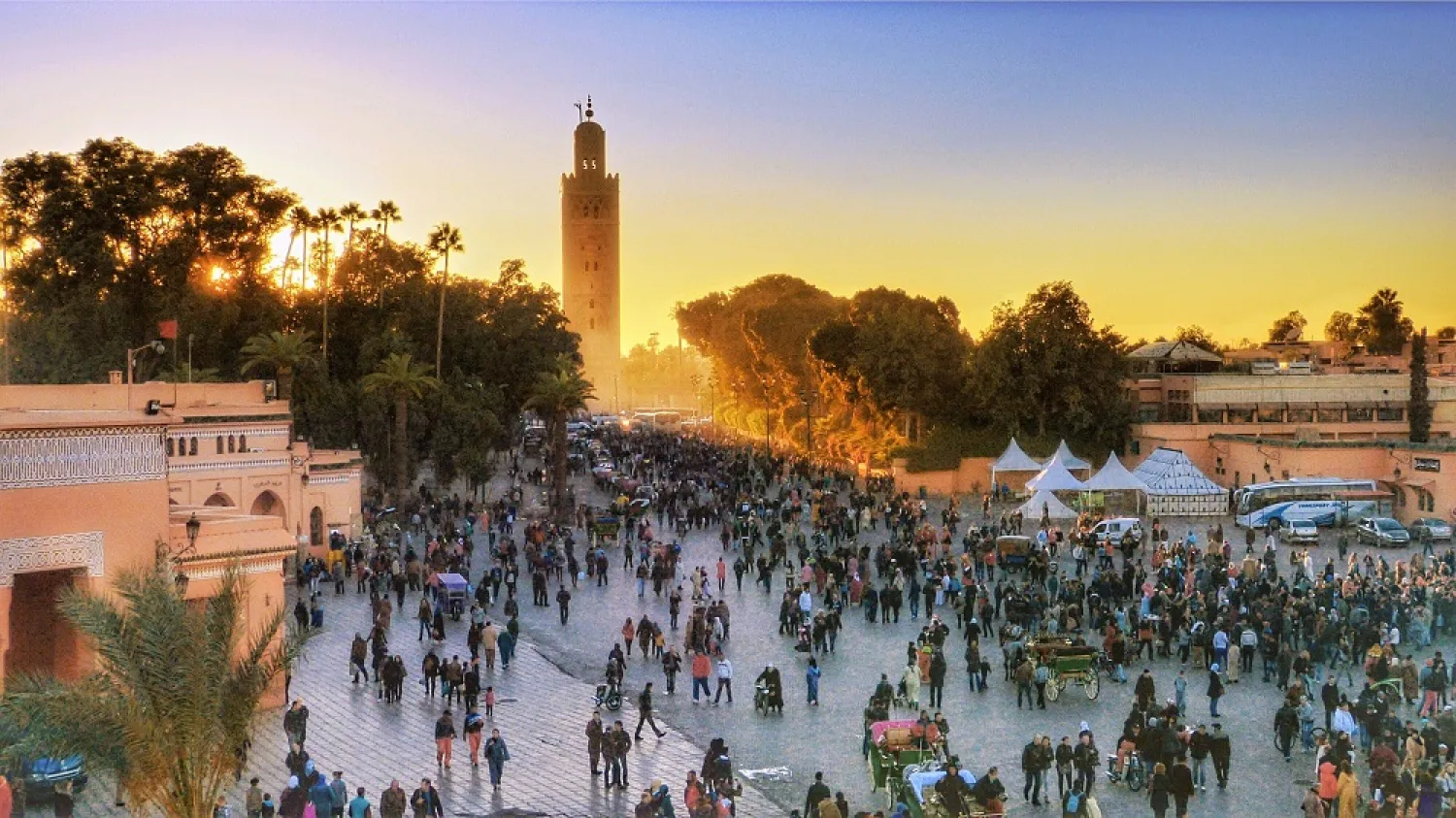The percentage of reserved hotels in the Moroccan city of Marrakesh reached 83 percent during April, compared to 76 percent for the same month in 2018, according to statistics from the Morocco’s Tourism Observatory.
Hotel reservations in Marrakesh amounted to 894,000, an increase of seven percent compared to April 2017, representing 35.3 percent of the total reserved hotel rooms in Morocco during this period.
During the first four months of 2019, some 2.8 million tourists visited in Marrakesh.
The Observatory said the average stay for each tourist in the city was three nights.
Tens of thousands of Moroccan Jews throughout the world have chosen Marrakesh as their top destination during the Easter holidays a tourist source told Asharq Al-Awsat, noting that this has caused a boom in the city’s tourism sector.
He said Moroccan Jewish community had fully booked 15 hotels in Marrakesh on this occasion.
The source pointed out that Jewish visitors stayed at the city’s hotels for ten days. They visited a number of Jewish attractions, most notably the Chaim Pinto Synagogue in the city of Essaouira (west of Marrakesh), the David Oumushi Synagogue (south of Marrakesh) and Tomb of Rabbi Shlomo Bel Hensh in Ourika on the outskirts of Marrakesh.
Interior Ministry’s statistics revealed that Marrakesh airport received 44.3 percent of the total airport arrivals in Morocco and 37 percent of all tourists crossing the borders through all land, sea and air ports in April.
For the fourth consecutive year, the World Tourism Organization (WTO) has ranked Marrakesh as the best tourist destination in Africa. The TripAdvisor company has also named it as the world’s ninth most beautiful tourist city.









